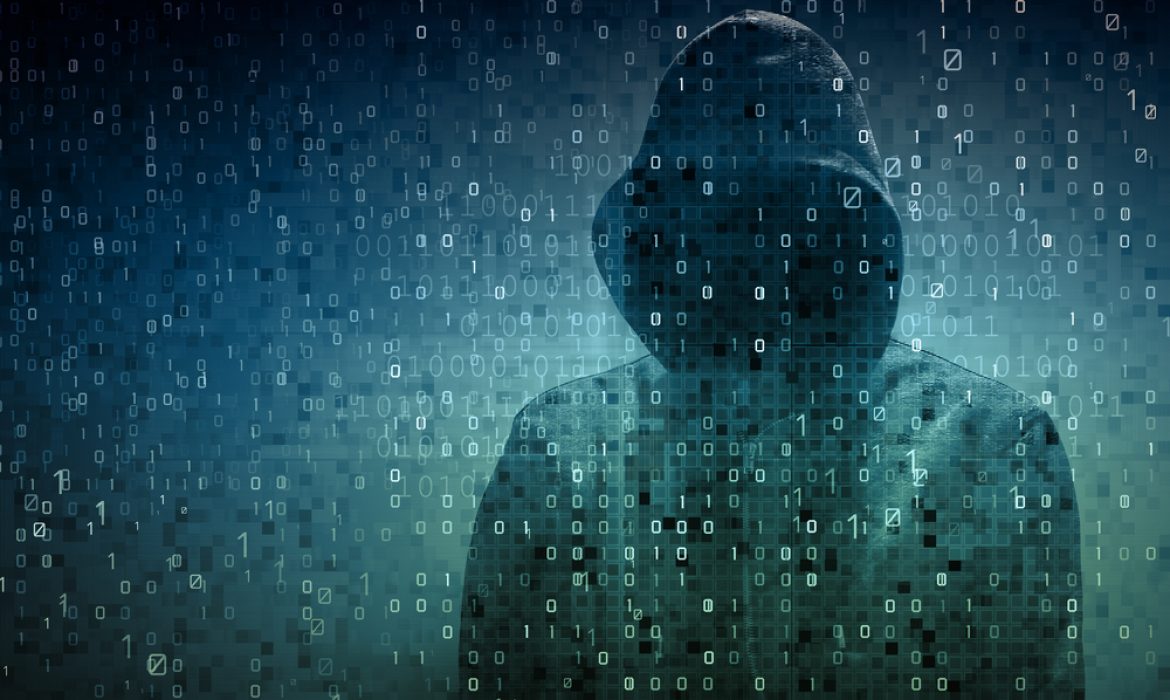In a gripping trial unfolding in London, two teenagers, 18-year-old Arion Courtay and a 17-year-old whose identity remains undisclosed, stand accused of hacking into several prominent companies, including NVIDIA, Rockstar, and Uber. The charges against them encompass serious computer misuse, blackmail, and fraud, while their alleged affiliation with the hacker group Lapsus$ adds another layer of complexity to the case. Prosecutors claim that Courtay, along with his co-conspirators, orchestrated a series of cyber intrusions into the systems of Revolut, Uber, and Rockstar Games in September of last year. It is noteworthy that Courtay was already out on bail for unrelated charges at the time of these alleged offenses.
The prosecution asserts that Courtay, along with other unidentified members of Lapsus$, was responsible for stealing commercial code and video content from the latest installment of the highly popular Grand Theft Auto game. In an audacious move, Courtay allegedly posed as a contractor for the company, attempting to hack their systems and engaging in blackmail for a reward.
A significant twist in the trial occurred when Courtay was deemed medically unfit to stand trial. This means that the jury will determine whether he is responsible for the alleged crimes rather than finding him guilty. If found responsible, Courtay will avoid imprisonment. The trial is expected to span eight weeks. In a separate development, Courtay’s 17-year-old accomplice has already pleaded guilty to some of the charges brought against them.
Among the charges is the joint hacking of NVIDIA. In February 2022, the accused individuals gained control of the accounts belonging to two contractors, successfully breaching the company’s security and accessing confidential data, including highly valuable software secrets. The hackers managed to pilfer nearly a terabyte of data from NVIDIA, releasing a portion of it publicly and issuing threats to release the remainder unless a ransom payment was made.
Prosecutors claim that the police were able to establish a connection between the accused teenagers and the hacking incidents through a comprehensive investigation, relying on evidence such as IP addresses, emails, mobile devices, and Telegram accounts. The youths’ penchant for boasting about their hacking exploits online further bolstered the case against them. While Courtay has been described as “highly competent and even brilliant,” his youthful indiscretion led him to succumb to the temptation of bragging about his activities.
As the trial continues, the court will meticulously examine the evidence presented, including the digital trails left behind by the defendants and their alleged involvement in the crimes. The outcome of this trial not only holds consequences for the accused individuals but also sheds light on the pressing challenges posed by cybercrime and the legal measures required to address it effectively.


